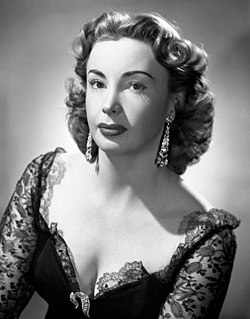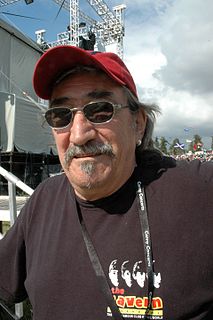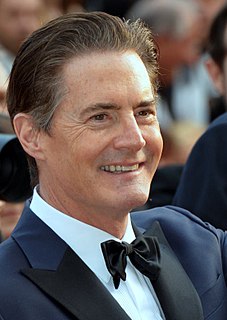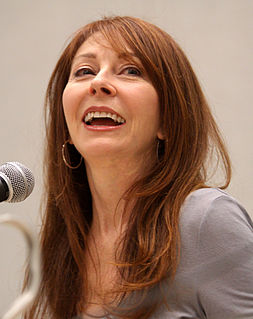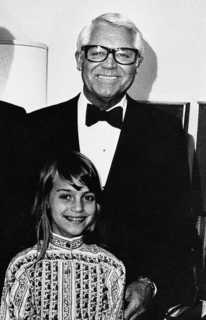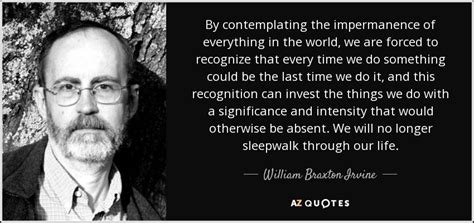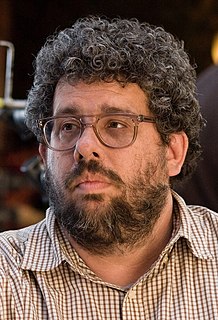A Quote by Audrey Meadows
Later, I made a movie with him, 'That Touch of Mink,' and we became good friends but any woman's initial meeting with Cary is right up there with the big moments of her world history.
Related Quotes
I think the biggest mistake - I was always a big fan of Cary Grant, and he asked me to do a movie with him, playing the second lead, and I didn't do it. And to this day, I can't remember why. But I could've said I worked with Cary Grant, but I turned him down. That was probably the biggest mistake I ever made.
After the '57 initial meeting - I was up this way working, not as a staff person - there became the need for a much more definite organized office. What you'd had prior to that time were these big meetings in different places, and there was nobody to pull anything together. Everything was left to [Martin Luther] King and the group that was around him.
When Howard Marks came out of prison, years later, I met him at a concert in South Wales; I was a young whippersnapper and Howard was kind of an outlaw hero. I said to him - and it's on tape, a cousin of his filmed our meeting - I said, "If you write a book, I want to play you in a movie." He said, "Let's shake on it," and we did. Thirteen years later, there we were, making the movie.
Desire animates the world. It is present in the baby crying for milk, the girl struggling to solve a math problem, the woman running to meet her lover and later deciding to have children, and the old woman, hunched over her walker, moving down the hall of the nursing home at a glacial pace to pick up her mail. Banish desire from the world, and you get a world of frozen beings who have no reason to live and no reason to die.
She expected the pain, when it came. But she gasped at its sharpness; it was not like any pain she had felt before. He kissed her and slowed and would have stopped. But she laughed, and said that this one time she would consent to hurt, and bleed, at his touch. He smiled into her neck and kissed her again and she moved with him through the pain. The pain became a warmth that grew. Grew, and stopped her breath. And took her breath and her pain and her mind away from her body, so that there was nothing but her body and his body and the light and fire they made together.
In 'Charade,' there was a big fight. George Kennedy was playing one of his first big heavy roles; he had a hook for a hand, and he was real ugly. Cary Grant was Cary Grant. They were on a slanted roof, a very exciting fight, and we agreed there shouldn't be any music, just the grunts and the action.
Unless a man is prepared to ask a woman to be his wife, what right has he to claim her exclusive attention? Unless she has been asked to marry him, why would a sensible woman promise any man her exclusive attention? If, when the time has come for a commitment, he is not man enough to ask her to marry him, she should give him no reason to presume that she belongs to him.
